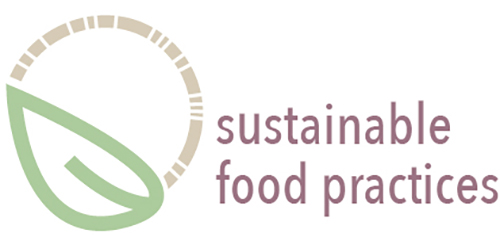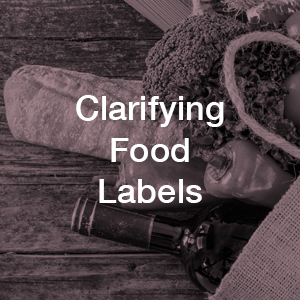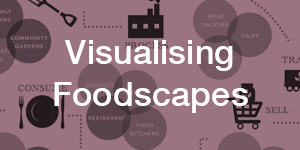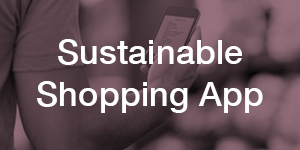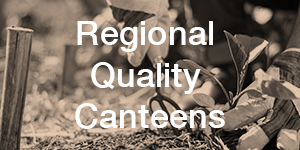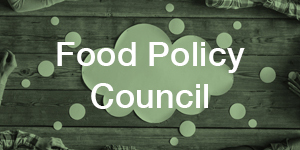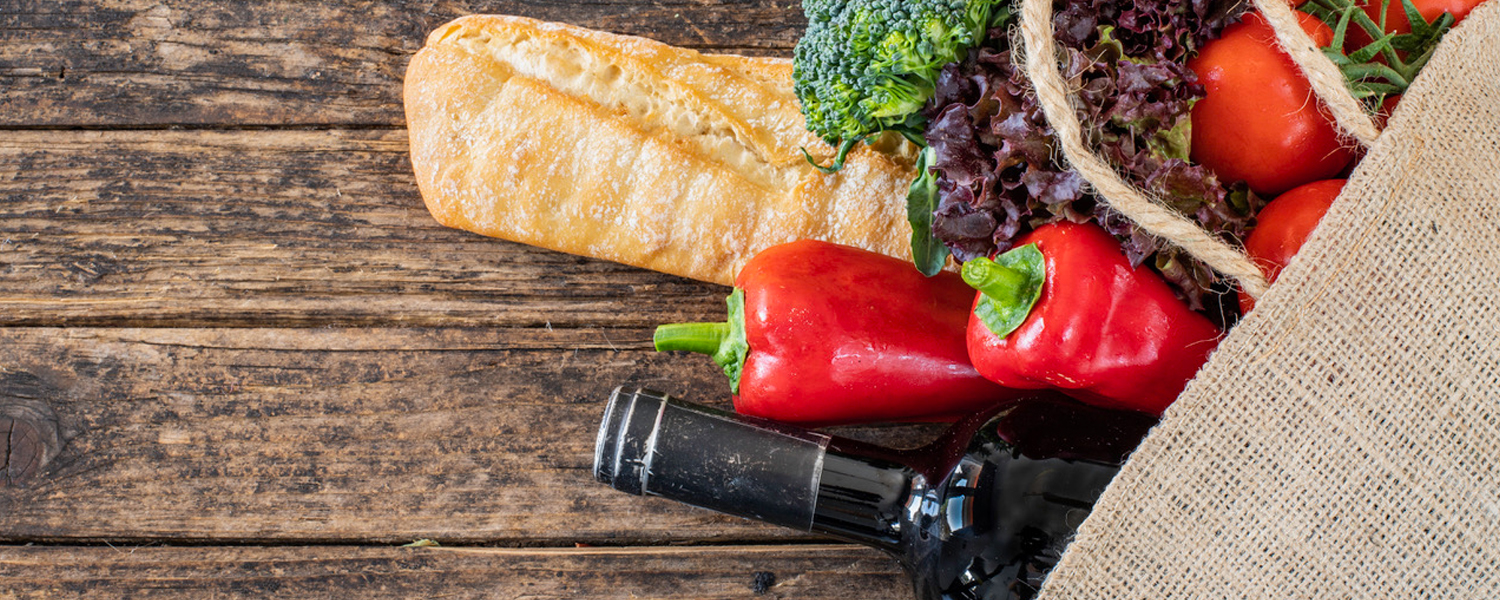
Clarifying Food Labels
Food assurance labels provide consumers and buyers in public procurement with information about the product and the conditions under which it was produced, which may be environmental, socioeconomic or technical; for example geographic origin, product quality, animal welfare, ingredients etc.
Consumers and buyers make food choices according to their needs, desires and values. Labels help producers to conform to different labelling policies, national laws, international standards and guidelines, encourage fair marketing and offer protection to the consumer. Labels are also powerful marketing tools that can enhance food literacy by providing information about value-added benefits, but they also hold the potential to mislead producers, consumers and buyers for various reasons.
Assessing food labelling schemes is challenging. There is a profusion of labels of various types, levels and ambitions, and little scientific research has disentangled them.
This project is examining the food assurance labelling schemes found in Luxembourg and the Greater Region. While being sensitive about the social negotiation processes they are based on, we closely look at the specifications of the labelling requirements (cahiers des charges/Lastenhefte) and the enforcements behind the schemes, with an aim to understand:
Guarantees
- The guarantees offered by different label types: informative, quality and/or local labels and brands with value-added characteristics such as quality, regionality etc., and additionally the difference between public and private labelling.
- The different label criteria, their socio-economic, socio-environmental and socio-cultural guarantees (through a comparative analysis).
- Diverging the different understandings of locality, e.g. in a predetermined, static way or in a dynamic way according to availability and seasonality.
Transparency
- Legislation, regulations and standards behind labelling schemes, e.g. food laws, fair competition and consumer protection.
- The accountable criteria as a qualification of produce favoured by public procurement.
- Transparency in the provision of information to citizens and authorities.
- Actors and agencies that govern and control the different labelling schemes.
- Producers’ motivations to participate in specific labelling schemes.
Literacy
- Food literacy, e.g. if labelling schemes are easy to understand and provided in accessible language, designed to increase clarity.
- The ways in which label indications relate to consumers’ potential interests in sustainability, the environment, fair trade, animal welfare, culture, well-being, health etc.
Project aims
The projects aims are to make the performance level of labels more transparent and raising awareness of the role of labelling schemes in their contribution to food sustainability in Luxembourg and the Greater Region.
Project outcome: Analysis of food labels in Luxembourg published as part of a book chapter on food communication
We published our analysis about the types of labels that exist in Luxembourg, as well as their main attributes, their certification models, and their ownership structure in our book chapter “Food Governance durch Qualitätszertifizierungen” in “Handbuch Ernährungskommunikation. Interdisziplinäre Perspektiven im Kontext von Nachhaltigkeit” edited by Godeman and Bartelmeß. We compare the guarantees and transparency that labels tend to offer in the socio-ecological, socioeconomic, sociocultural and socio-political dimensions of food certification, viewed as a potentially enabling or disabling form of food communication. At the same time, we examine the potential of these aids for individual consumers’ priorities and public procurement actors’ legal framework in selecting foodstuffs with added sustainable or ethical value, asking the question if such certifications are efficient tools of food communication and ultimately of an enhanced food literacy in an arena of potentially conflicting and crowded messages. See the book chapter here: http://hdl.handle.net/10993/42473.
Project outcome: List of Food Quality Labels in the Greater Region
The Sustainable Food Practices team has released the first version of a document that lists labels, official quality marks, private certifications and regional brands according to the origin, organic agriculture, and other quality guarantees.
This list will be updated on occasion.
Download the most recent full list here.

